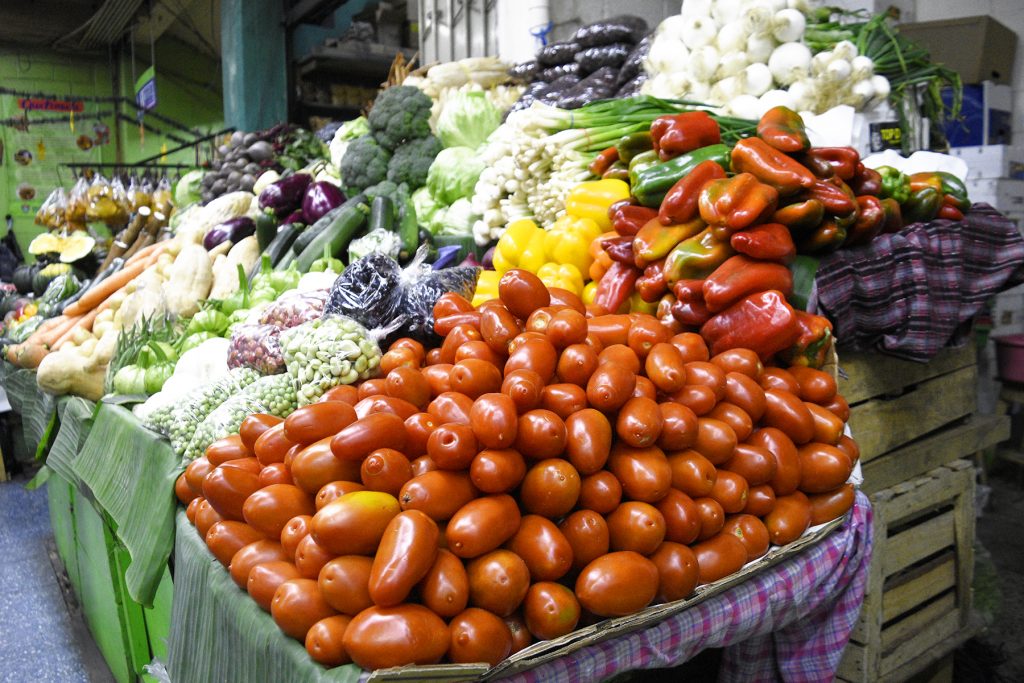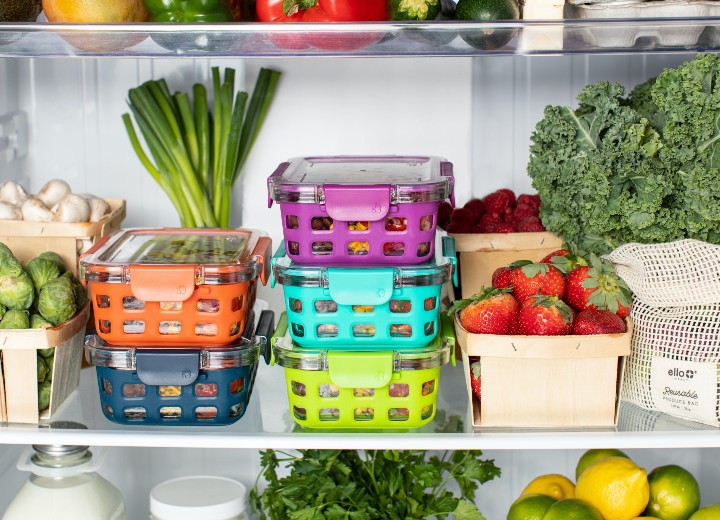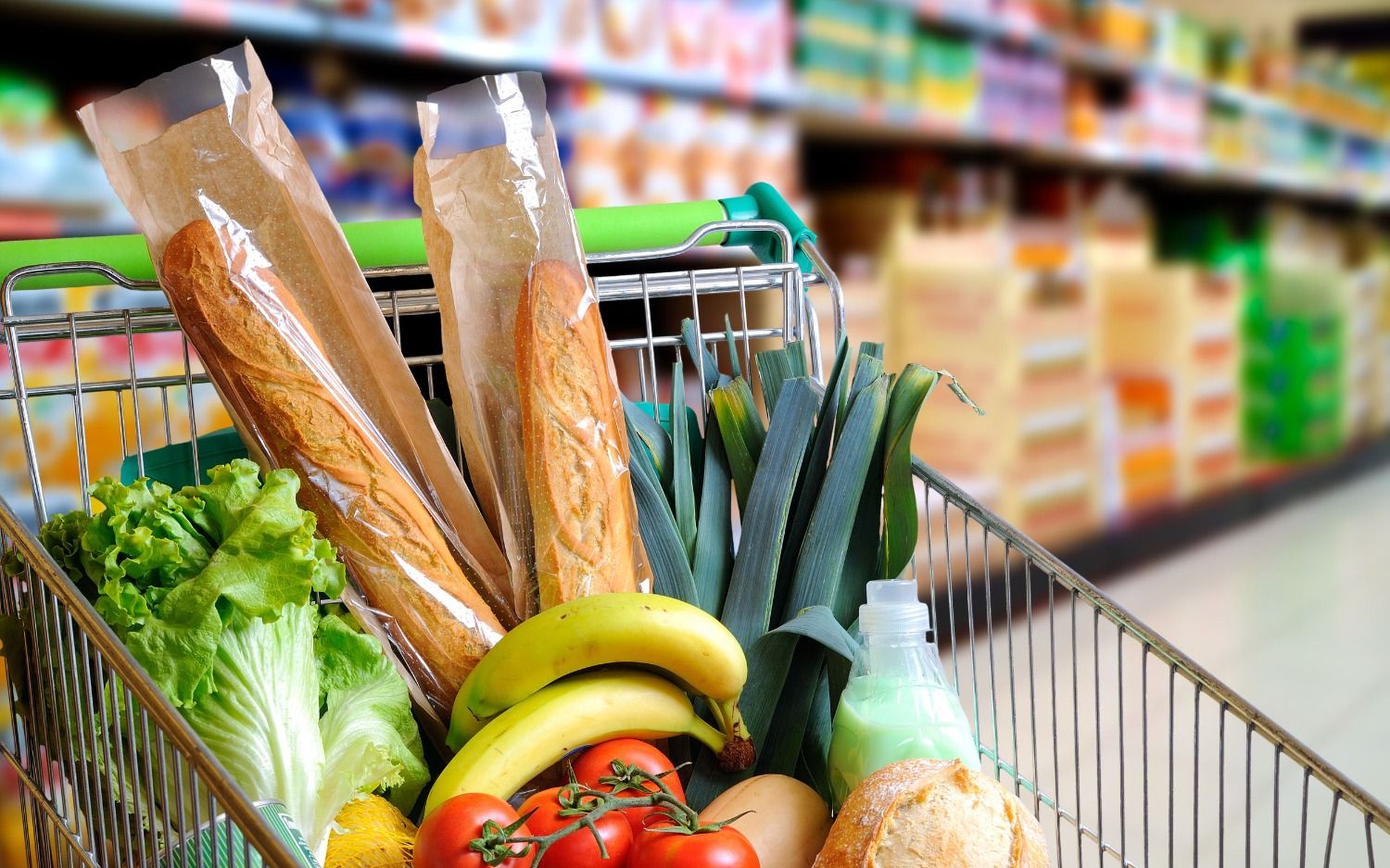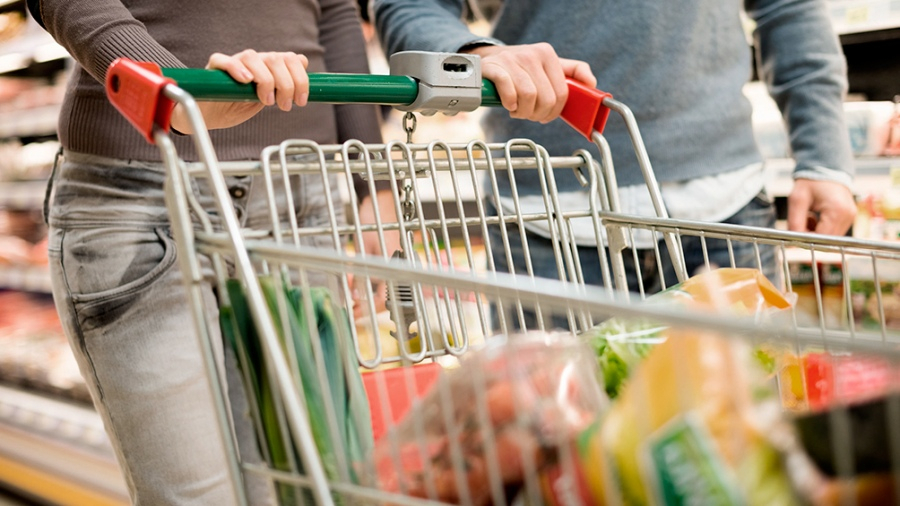The ministers and senior officials also exchanged information and views on how to strengthen food security in the region in the face of an inflationary context, with disruptions in supply chains, in a dialogue with the Vice President for Latin America and the Caribbean of the World Bank, Carlos Felipe Jaramillo, and the Director General of Instituto Interamericano de Cooperación para la Agricultura (IICA), Manuel Otero.

The two international institutions jointly organized the virtual meeting, mainly to discuss the current situation in the region and how food security is threatened by a critical scenario with a strong and negative influence on the costs of agricultural production.
Participants included the Minister of Agriculture of Chile, Esteban Valenzuela; the Minister of Agriculture of Guyana, Zulfikar Mustapha; the Minister of Livestock, Agriculture and Fisheries of Uruguay, Fernando Mattos; the Undersecretary of Policy Coordination of the Ministry of Agriculture, Livestock and Fisheries of Argentina, Ariel Martinez; the Assistant Secretary of Trade and International Relations of the Ministry of Agriculture, Livestock and Supply of Brazil, Fernando Zelner; Andrés Pareja, Undersecretary for Agricultural Innovation Networks at the Ministry of Agriculture and Livestock of Ecuador; Carlos Rognoni, Deputy Minister of the Ministry of Agricultural Development of Panama; Hugo Fernando Obando, Deputy Minister for the Development of Family Agriculture and Agricultural Infrastructure and Irrigation of the Ministry of Agrarian Development and Irrigation of Peru; and Salvador Fernández, General Coordinator for Rural Development of the Secretariat of Agriculture, and Rural Development of Mexico.

The countries thanked the institutions that organized and convened the dialogue, and affirmed the need to reinforce support for their initiatives and the importance of joint action to strengthen them.
Diego Arias, Agriculture Manager for Latin America and the Caribbean at the World Bank, moderated the discussion.
"In Chile we have created a program called Chile Apoya, with which we seek to contain prices and help the most vulnerable families. Three billion dollars have already been invested to provide subsidies for the purchase of food to 1,700,000 people, representing 10% of the Chilean population", said minister Valenzuela.
The Chilean minister also indicated that the aim is to strengthen the planting of legumes and other traditional crops for domestic consumption, which have declined in recent years due to the advance of fruit trees and other export-oriented products.
"In Guyana, the State is absorbing the costs of increases in agricultural inputs to contain production costs and improve food security", Zulfikar Mustapha reported.
The minister, who recently assured his country's support for the continental alliance proposed by IICA to address the growing threats to food security in the hemisphere, indicated that the effects of climate change are a severe threat to the food security of the national population.
In this regard, he indicated that Guyana suffered in 2021 one of the most severe floods in its history, which destroyed 80% of its agricultural sector.
The Uruguayan minister Fernando Mattos pointed out that a complex food situation was already being experienced at global level before the Russian invasion in Ukraine, due to the existence of very tight international inventories, as a result of losses in many productive regions.

"Today, although exporting countries improve their income due to the increase in food prices, at the same time, domestic inflationary pressure is generated, which impacts the lower-income population. In addition, many countries prioritize domestic supply, so they have placed limitations on their exports and this has reduced the supply of grains", warned the uruguayan minister.
Regarding the international circulation of food, Mattos said that "the situation exacerbates nationalist positions and trade restrictions, which further aggravate the scenario".
Andres Pareja indicated that Ecuador is simplifying and eliminating procedures for companies importing agricultural inputs. "We also have subsidy programs so that producers can purchase inputs such as urea. And we promote associativity and cooperativism so that producers can have agriculture of scale. Our action is focused on the lower-income population", he explained.
Ariel Martínez questioned those who, in different international forums, propose a single production model for the transformation of agrifood systems. "From Argentina and other countries in the region -he said- we warned that there could be food security problems due to supply shortages. The Covid-19 pandemic and the war in Europe proved that this was true".
Martinez informed that Argentina imports 70% of the fertilizers it uses and that are why it has been hard hit. And he spoke out against trade barriers: "Our country is exporting more and more foodstuffs, but we are finding more and more players distorting the market with subsidy packages and para-tariff barriers. IICA has played an important role in explaining that the producers of our hemisphere must be defended and that we are part of the solution to the global problem”.
Zelner said that Brazil has launched what he called fertilizer diplomacy, which consists of strengthening contacts with large non-European producers to guarantee supply.
The official also reported that Brazil has reduced the tax burden on fuels, whose price has an important weight in the price of food, and called for a more humane vision of sustainable development. "There has been an unbalanced emphasis on environmental policy, without thinking about its social impact on vulnerable populations".
Salvador Fernandez said that Mexico has implemented a plan against inflation and high food prices. "There are different measures to protect vulnerable social groups, such as direct transfers to allow access to food. We are also providing farmers with access to inputs, particularly fertilizers and seeds, to stimulate increased production.
Obando said that Peru has invested US$94 million to purchase the most widely used fertilizer in the country, urea. "A collective purchase of 73,000 tons has been made. We are coordinating with regional and local governments for the logistics of delivery", he explained.
Obando also said that, with the assistance of IICA, an exploratory study is being carried out to set up a phosphorus fertilizer plant in Peru.
In Panama, a country that is also suffering from the increase in fertilizers and their limited availability, import requirements have been made more flexible. The country has also established a fund to stabilize the price of fuel, which has been extended to the agricultural sector, Rognoni explained.
The situation worries the World Bank, as it affects not only consumers, but also producers, Jaramillo said. "It would be a very negative thing," he warned, "if the shortage of fertilizers and the increase in transportation costs translate into a decrease in food production in the coming months and accentuates the low availability that exists today in global markets.
"This has been a unique opportunity to learn how countries in the region are dealing with this unprecedented situation. I see many similarities and some differences between the strategies implemented by the different countries. They all understand that it is essential to support the poorest people, who suffer the most when food prices rise. We are particularly concerned that the increase in fertilizer prices will have a significant impact and generate a decrease in global food production that will push prices even higher," said Jaramillo.
Manuel Otero noted that the measures taken by the countries of the region show that they have the reflexes and strategies to face the situation.
As for the consequences of the crisis, the Director General of IICA said that it is likely that there will be new balances between the production of export crops and those that ensure the countries' basic food baskets, and also between production and the environment.
"We must increase the food supply, obviously while respecting the environment", he said.
Otero also talked about the importance of the call made by IICA at the recent Summit of the Americas to form a continental alliance to address the growing food insecurity.
We must stand together" said the Director General of IICA, "and strengthen our role as guarantors of global food and environmental security. In these times of crisis, it is essential to generate dialogue and seek consensus in order to launch coordinated actions that will enable us to confront this crisis, which generates threats and some opportunities. At the recent Summit of the Americas, we proposed the need to establish a continental alliance, which means standing together to confront this crisis and strengthen our role as guarantors of global food and environmental security. We also pointed out that it is essential that there be adequate financing for our farmers to meet the higher costs generated by the increases in energy and fertilizer prices. There is an important task ahead, to reduce the strong dependence on imported fertilizers, which in Argentina is 70% and in Brazil is even higher. Another issue is the bureaucratic obstacles that all countries are trying to reduce and that is very healthy".
 English
English  Español
Español 
